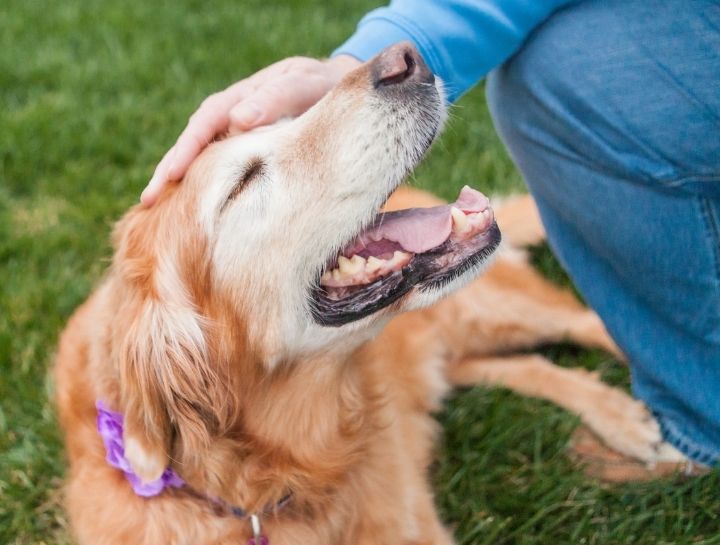Senior Pet Care
Adapting to your aging pet's lifestyle
They have devoted their lives caring for you. Now it is time they get the extra care they deserve.
How you care for a senior pet is much different than caring for an adult pet.
There is nothing more touching than to look into the eyes of our senior pets. You may see a little graying around the eyes and chin, or you may see eyes that have become cloudy—all signs of an aging pet that has devoted their lives to YOU. They have been with you for a long time. They have been loyal through all of your trials and tribulations, and now it is time to be loyal to them. As we get older, we have aches and pains, and so do our pets. As we get older, we begin to have heart, liver, lung diseases, etc., and so do our pets. And these diseases can cause discomfort. How do you know they are sick or hurting? How do you know what they need? Senior care is so important for your pet. They deserve special attention now, just like they gave you when they were younger. Take your pet to the vet regularly when they are seniors!
When is a pet considered senior?
When does a pet become “old”? It differs, but cats and small dogs are usually thought to be “senior” at seven years of age. Larger breed dogs tend to have shorter life spans compared to smaller breeds and are often considered seniors when they are 5 to 6 years of age.
Senior Care
We recommend seeing your loyal senior pets twice a year for wellness exams and preventive lab work. These visits will help keep an eye out for early signs of disease and enable us to set up treatment plans before disease or discomfort is in an advanced state.
Senior pet care considerations:
- Spending time with your senior pet is one of the best things you can do for them
- Eyes can have tumors, glaucoma, and cataracts, causing pain and blindness
- Kidney disease is not uncommon and causes frequent urination and discomfort or death
- Oral health is very important and is a cause of disease, bath breath, pain, and even death
- Thyroid and adrenal issues are tricky and lab work should be done to rule out endocrine diseases
- Arthritis and joint pain are very common and can cause great pain
- Parasite protection – Fleas, ticks, and worms don’t slow down, even if your pet does
- Skin irritations are very common, and regular grooming, baths, and treatments may be needed
- Age-appropriate nutrition – Senior pets require a different diet than adult pet diets
- Regular exercise will help maintain your pet’s weight and health
If you have questions about how often we should see your elderly pet or you’d like to schedule an appointment, please call us at (937) 748-1378.

